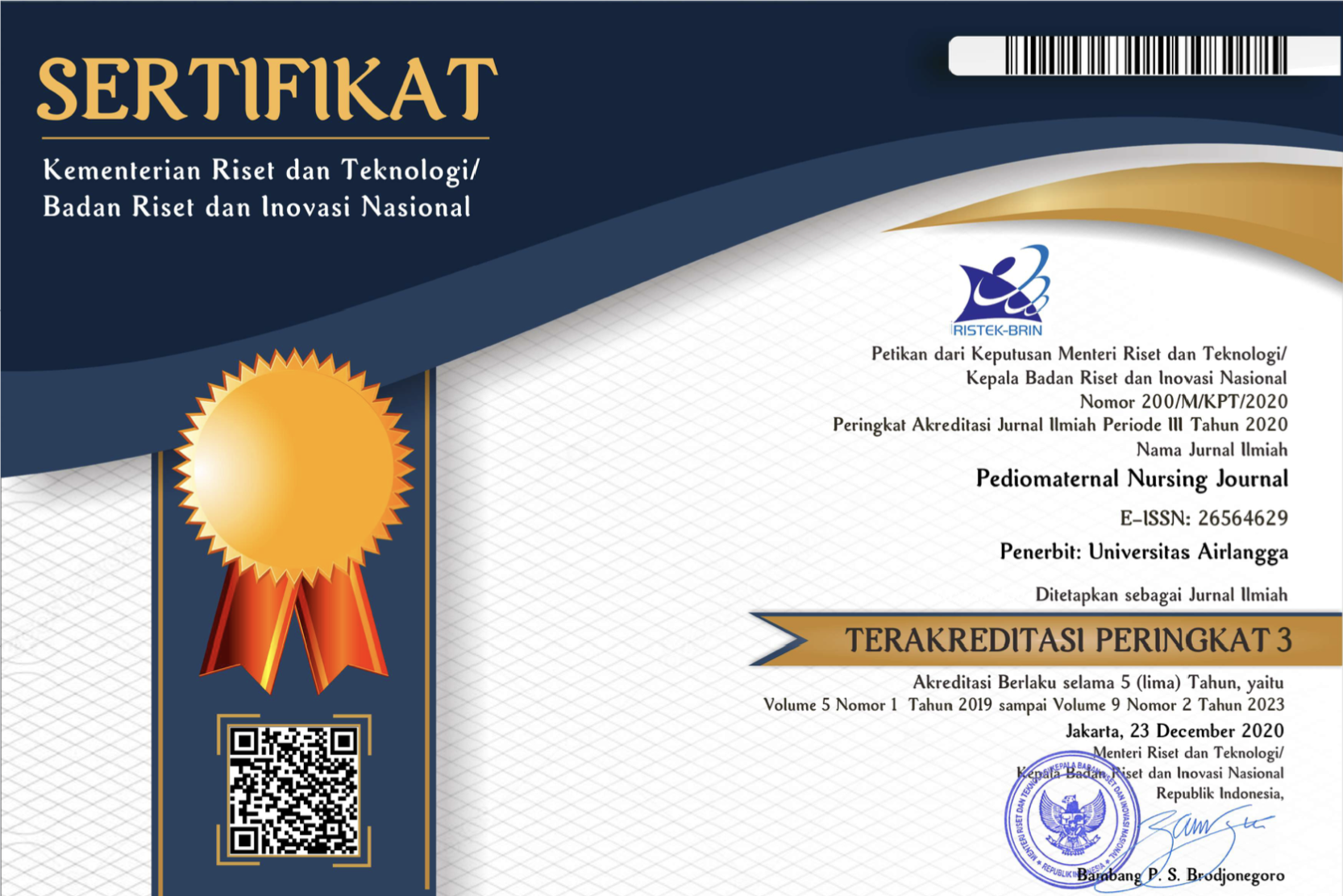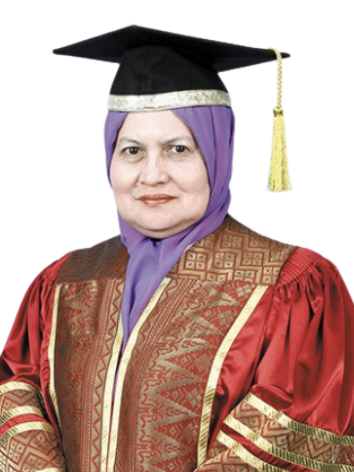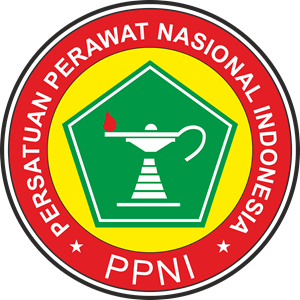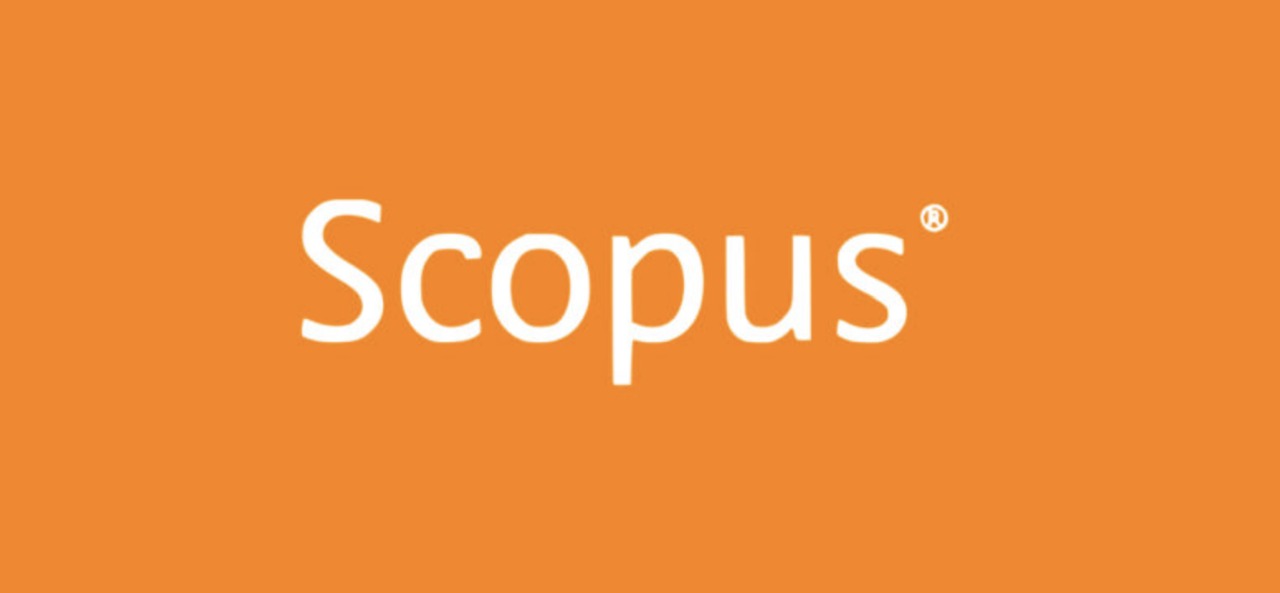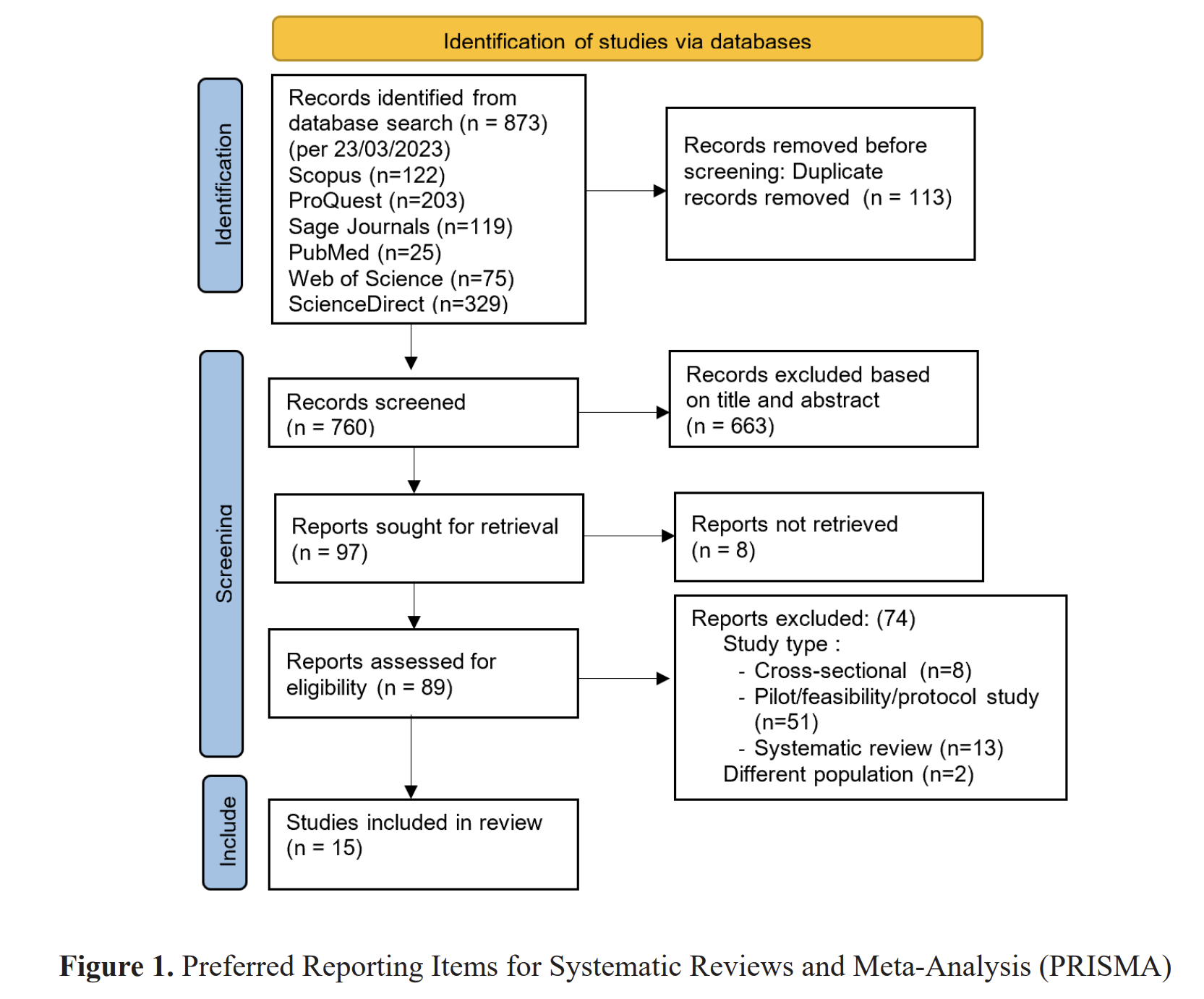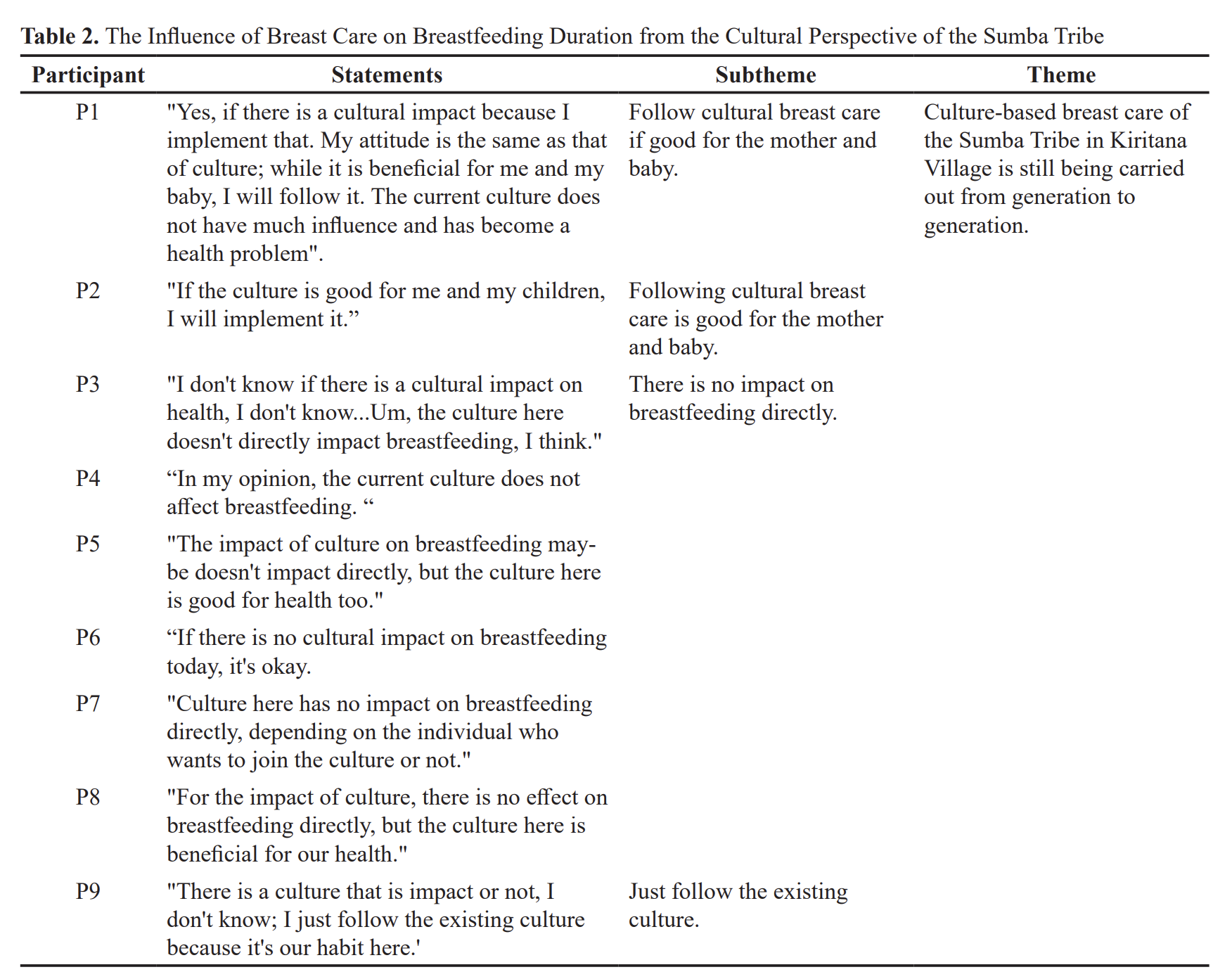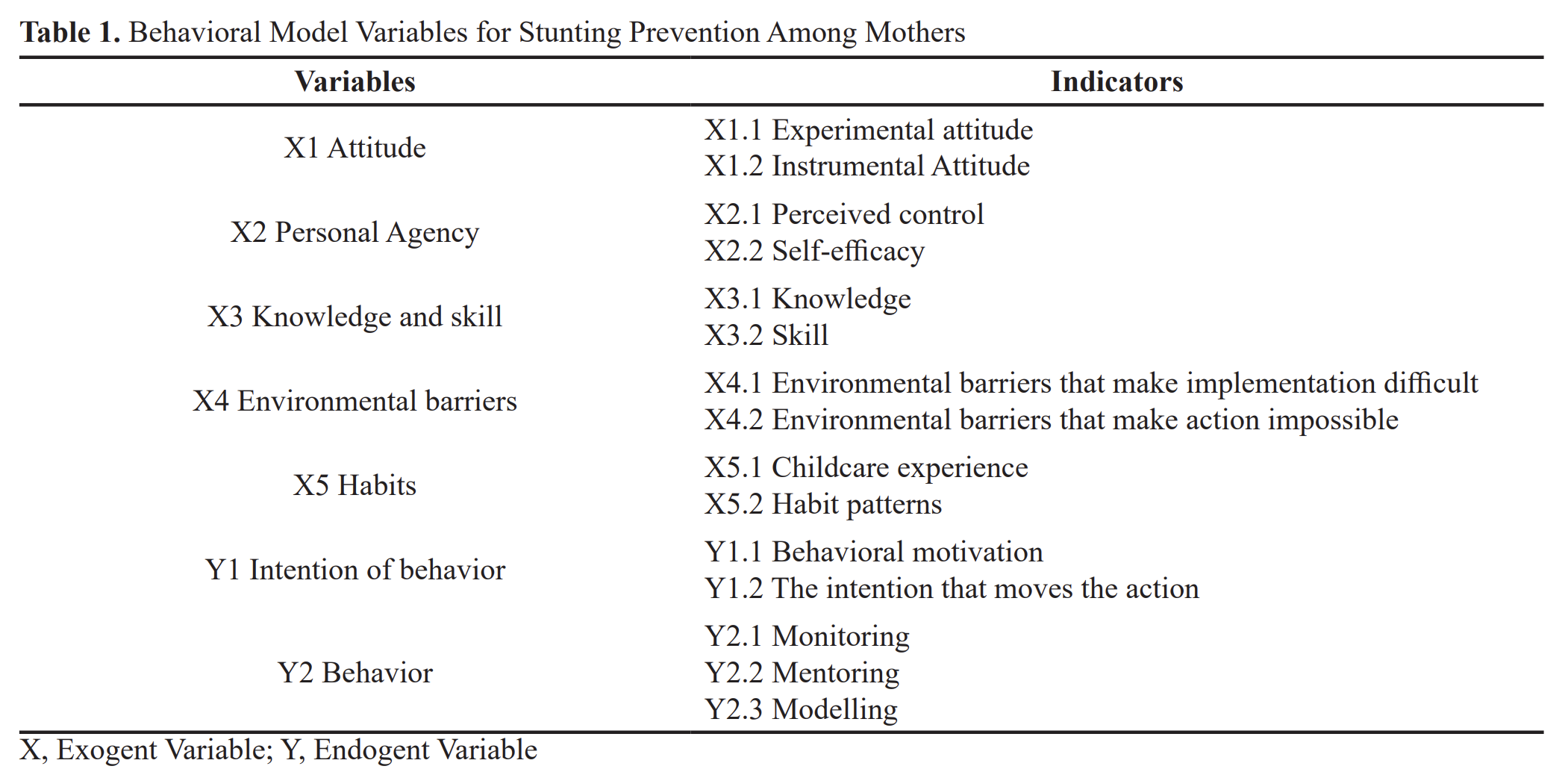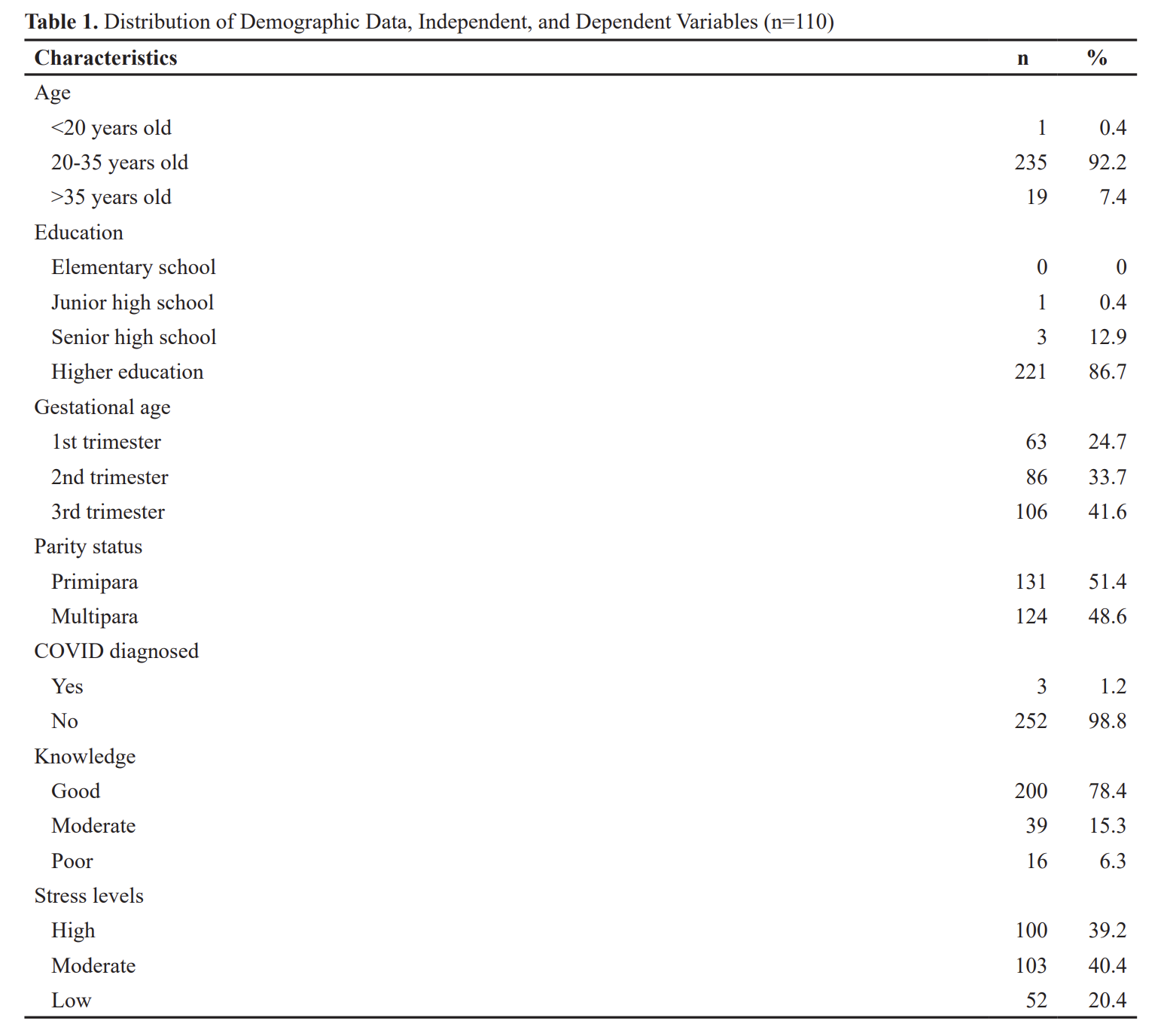The Effect of Lecture, Brainstorming, Demonstration Towards Breast Self-Examination Behavior Based on Health Belief Model
Downloads
Introduction: Breast cancer is the leading cause of cancer-related disability and death in women due to a lack of education using Lecture, Brainstorming, Demonstration (LBD) on Breast Self-Examination (BSE) behaviour in adolescents.
Methods: This research was a quasi-experimental research with pre-post treatment and control groups. Fifty-six respondents were selected by purposive sampling. Data were obtained using a questionnaire then analyzed using the Wilcoxon Signed Rank Test and the Mann Whitney U test with a significance level p < 0.05.
Results: LBD significantly improved BSE behaviour in young women by perceived susceptibility, perceived severity, perceived barrier, perceived benefit, and perceived self-efficacy (p = 0.00).
Conclusion: Delivering LBD health education methods can boost perceived susceptibility, perceived severity, perceived barrier, perceived benefit, perceived self-efficacy of teenagers regarding SADARI behaviour. Teenagers are given health education to increase their knowledge of breast cancer.
Abolfotouh, Mostafa A, Ala A Banimustafa, Aisha A Mahfouz, and Mohammed H Al-assiri. 2015. "Using the Health Belief Model to Predict Breast Self Examination among Saudi Women.” BMC Public Health: 1–12. http://dx.doi.org/10.1186/s12889-015-2510-y.
Aeni, Nurul, and Diyah Sri Yuhandini. 2018. "Pengaruh Pendidikan Kesehatan Dengan Media Video Dan Metode Demonstrasi Terhadap Pengetahuan SADARI.” (2): 162–74.
Akhtari-zavare, Mehrnoosh, Muhamad Hanafiah Juni, Salmiah Said, and Irmi Zarina Ismail. 2016. "Result of Randomized Control Trial to Increase Breast Health Awareness among Young Females in Malaysia.” BMC Public Health: 1–11. http://dx.doi.org/10.1186/s12889-016-3414-1.
Alsaraireh, Arwa, and Muhammad W Darawad. 2017. "Impact of a Breast Cancer Educational Program on Female University Students' Knowledge , Attitudes , and Practices.”
American Cancer Society. 2014. "Breast Cancer Early Detection : Breast Cancer Prevention and Early Detection.”
Delviani, R., and V. (2014). Pricilla. 2014. "Persepsi Mahasiswi Tentang Kanker Payudara Dan Perilakunya Terhadap Pencegahan Kanker Payudara Di Fakultas Keperawatan Universitas Andalas.” Jurnal Keperawatan.
Desmy, Fadillah. 2017. "Insidensi Penyakit Kanker Skripsi Desember 2017 Di RSUP Dr. Wahidin Sudirohusodo Makassar Periode Januari 2015 - Juni 2017.”
Deviani, Ni Luh Putu, Ni Ketut Citrawati, and Ni Made Adi
Suasti. 2018. "Efektivitas Pendidikan Kesehatan dengan Metode Ceramah dan Demonstrasi terhadap Peningkatan Pengetahuan tentang Deteksi Dini Kanker Payudara Pada Remaja Putri.” 5: 50–65.
Dewi, Triana Kesuma. 2018. "Validation of the Indonesian Version of Champion' s Health Belief Model Scale for Breast Self- Examination.”: 433–38.
Habibi, Anna Nurwachidah Rois. 2016. "The Influence of CBD (Ceramah, Brainstorming, Demonstrasi) Method towards Mother's Behaviour in Giving Complementary Feeding Towards Baby Aged 6-24 Months.”: 24.
Hardiyanti, Diana. 2018. "Pengaruh Pendidikan Kesehatan Berbasis Komunitas Terhadap Pengetahuan, Sikap Dan Praktik Pemeriksaan Payudara Sendiri (SADARI) Pada Perempuan Di Wilayah Puskesmas Martapura 1.” http://repository.unair.ac.id/77134/2/TKP 34_18 Har p.pdf.
Kemenkes. 2015. "Situasi Penyakit Kanker.”
Kıssal, Aygül, and Bahtısen Kartal. 2019. "Effects of Health Belief Model "‘ Based Education on Health Beliefs and Breast Self "‘ Examination in Nursing Students.”: 403–10.
Maharani, Sri Ayu, Linda Ratna Wati, and Yuseva Sariati. 2019. "Perbandingan Efektivitas Metode Brain Storming Dan Simulation Game Terhadap Peningkatan Pengetahuan Kanker Payudara Pada Siswi Kelas XII SMAN 4 Malang.” : 33–47.
Mohamed, Norfariha Che, Soo-foon Moey, and Bee-chiu Lim. 2019. "Validity and Reliability of Health Belief Model Questionnaire for Promoting Breast Self-Examination and Screening Mammogram for Early Cancer Detection.” 20: 2865–73.
Nugrahani Rizqi, Rosi, Uki Retno Budihastuti, and Eti Poncorini Pamungakasari. 2017. "Health Belief Model on the Factors Associated with the Use of HPV Vaccine for the Prevention of Cervical Cancer among Women in Kediri, East Java.” Journal of Epidemiology and Public Health 02(01): 70–81.
Pirzadeh, Asiyeh. 2018. "Application of the Health Belief Model in Breast Self-Examination by Iranian Female University Students.” 11(3).
Septa, Nurmalia. 2011. "Gambaran Persepsi tentang Sadari pada Siswi Kelas II Di SMPN 1 Banguntapan Bantul Yogyakarta.”
Solehati, Tetti et al. 2019. "Jurnal Keperawatan Muhammadiyah Pengaruh Pendidikan Kesehatan Terhadap Perilaku Melakukan Sadari Pada Wanita Usia Subur : Literature Review.” 4(2): 193–205.
Tapera, Roy et al. 2019. "The Use of the Health Belief Model (HBM) in Determining the Factors Associated with Breast Cancer Screening among Female Students in Botswana.” International Journal of Health Promotion and Education 57(4): 203–16. https://doi.org/10.1080/14635240.2019.1601026.
Thomas, Alexandra et al. 2019. "Incidence and Survival Among Young Women With Stage I – III Breast Cancer : SEER 2000 – 2015.” 3: 1–9.
Tuti, Pahria. 2017. "Indonesian Women Diagnosed with Breast Cancer: A Hermeneutic Process.”
Ulfa, Siti Mutia, and Rinna Azrida. 2018. "Efektivitas Penyuluhan Pemeriksaan Payudara Sendiri (Sadari) dengan Metode Ceramah dan Video Terhadap Tingkat Pengetahuan Tentang Deteksi Dini Kanker Payudara Pada Remaja Putri Di SMS Muhammadiyah 01 Medan Tahun 2016.” 2(2): 144–51.
Yani, Widyastuti. 2009. Kesehatan Reproduksi Kesehatan Reproduksi. Yogyakarta: Fitrimaya.
Copyright (c) 2021 Emmy Mulyani, Mira Trihartini, Tiyas Kusumaningrum

This work is licensed under a Creative Commons Attribution 4.0 International License.
1. The journal allows the author to hold the copyright of the article without restrictions.
2. The journal allows the author(s) to retain publishing rights without restrictions.
3. The legal formal aspect of journal publication accessibility refers to Creative Commons Attribution (CC BY).

